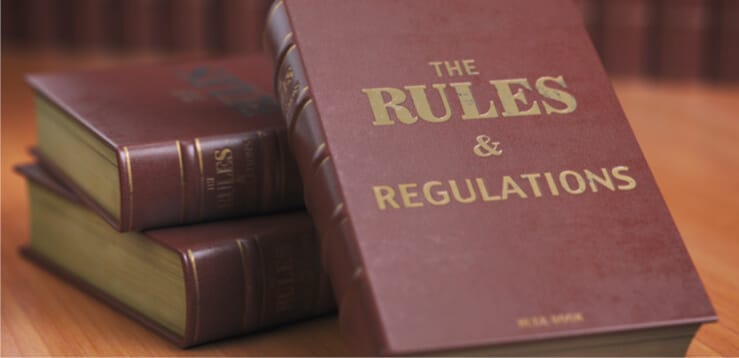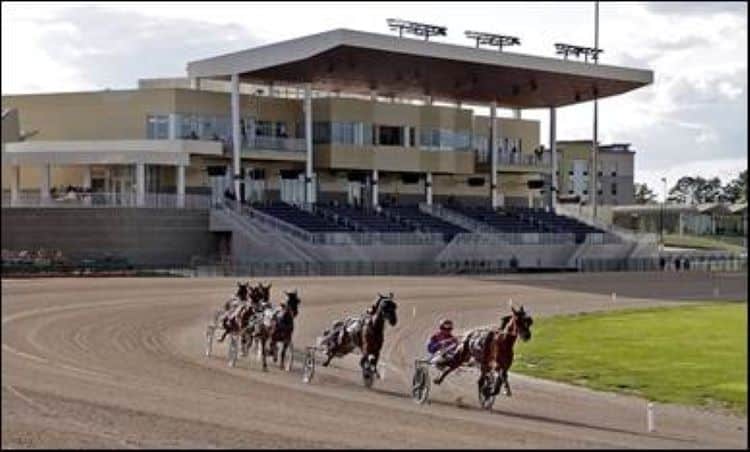The Ohio Casino Control Commission (OCCC) released Batch 4 of proposed mobile sports gaming rules on Tuesday for Round 1 of public comment.
Batch 4 rules address sports gaming licensing (suppliers and employees), house rules, integrity monitoring, and Type A, B, and C proprietor-specific duties.
On Dec. 22, Gov. Mike DeWine signed bill HB 29 into law, which legalized sports betting in Ohio. Reaching the point where anyone can place a sports wager in Ohio is a lengthy process, and active wagering doesn’t figure to be in operation until later this year. The law says that sports betting should start by Jan. 1, 2023.
Batch 4 rules detail the requirements needed to become eligible for a sports gaming supplier license, including the payment of a non-refundable application fee of $10,000 and any other fees that need to be paid for criminal-records background checks. It’s noted that the OCCC will evaluate and consider “character, honesty, and integrity” in deciding whether to grant, maintain, or renew a sports gaming supplier license.
House rules, security, surveillance
The rules for anyone interested in receiving a sports gaming employee license are also covered in the batch. House rules are also documented, as well as rules on sports gaming facility security, surveillance, and cashiering.
Rules concerning Type A sports gaming proprietors include a requirement to have location-based technology in place to determine whether a patron is eligible to place a wager by being located within the state boundaries. The technology that’s required by Type A sports gaming proprietors should prevent anyone physically outside the state from placing a wager.
Ohio Casino Control Commission is looking for additional public input on various aspects of the eventual sports betting industry.
(@hoosier3232 for @BetsOhio)https://t.co/lLZTGAwMl0
— Sports Handle (@sports_handle) February 16, 2022
The OCCC rolled out the first three batches of rules within a month of DeWine making sports betting legal with his signature. The OCCC announced during a Feb. 16 meeting that it was seeking a second round of comments from stakeholders for Batch 2.
A fifth batch of rules is expected to be released for public comment during the first part of March.
Batch 1 revisions included
The release of the Batch 4 rules also includes revisions from Batch 1 that focus on the certification of independent integrity monitors.
It’s noted that an independent integrity monitor requesting certification or renewal certification is required to pay a non-refundable certification fee of $5,000.
The revisions also detail that an independent integrity monitor is required to undergo a compliance investigation at least once every five years. A compliance investigation may involve a review of the independent monitor’s staff experience and expertise to handle all required analysis and monitoring. Financial viability to conduct required analysis and monitoring may also be included in compliance investigation.
It’s also noted that requirements to become an independent integrity monitor include being independent of any entity, event, or product being monitored, as well as maintaining IT security needed to minimize any risk that confidential information is misappropriated.
The revisions also state that an independent integrity monitor must be able to analyze reports of unusual sports gaming activity it comes across in order to recognize any suspicious activity.
Photo: Shutterstock








